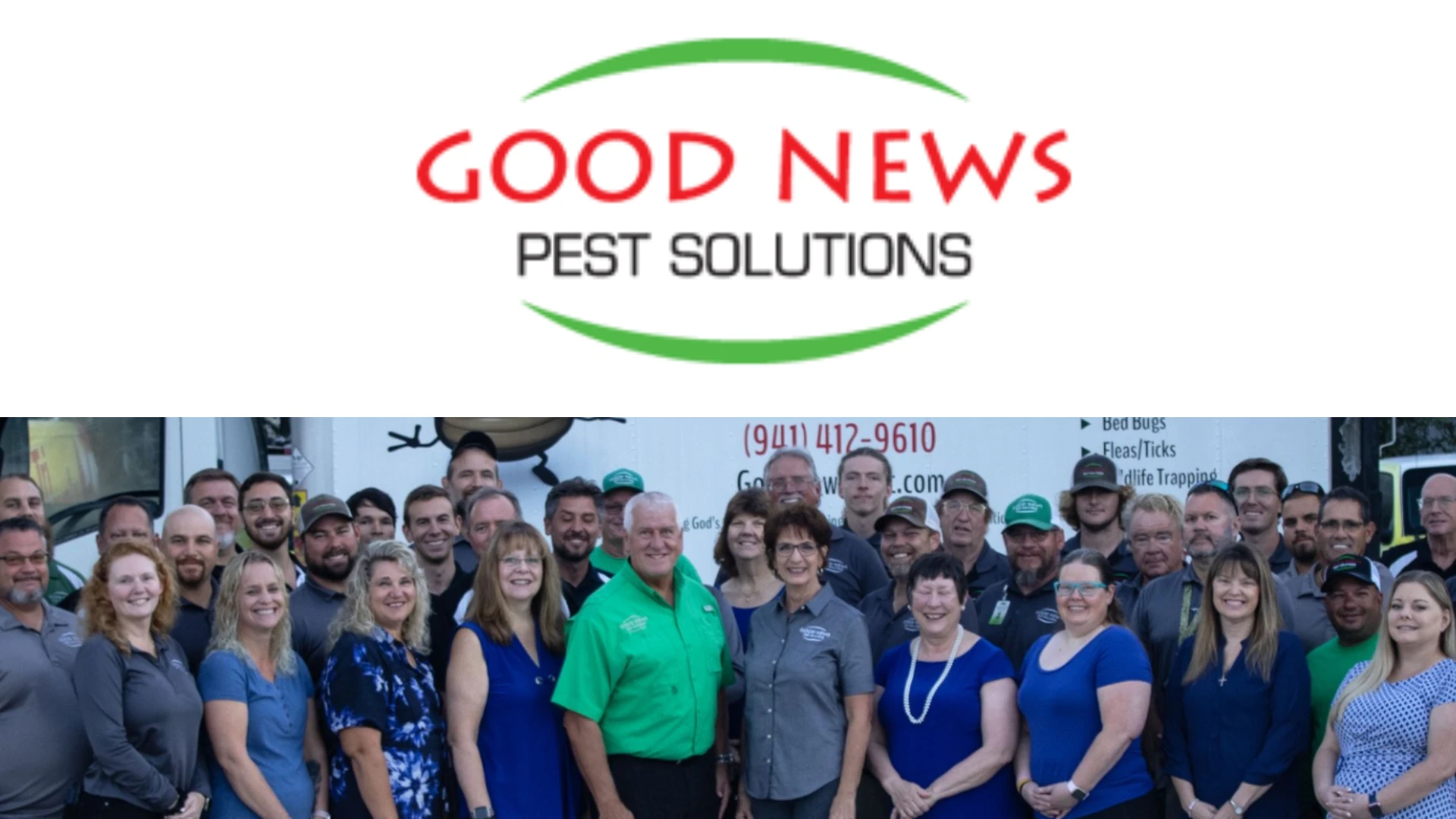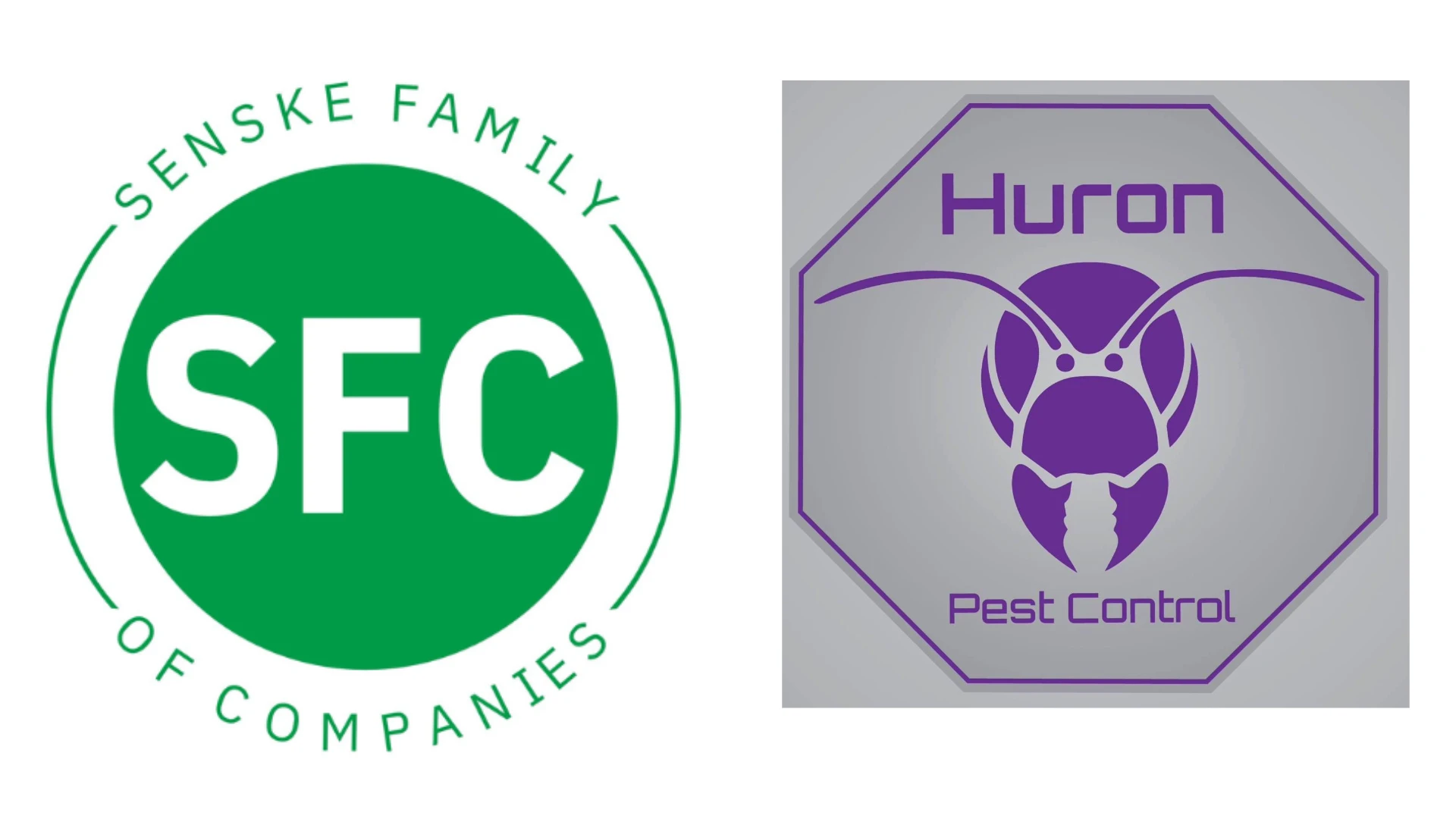Editor’s note: The following news releases and product profiles were sent to PCT magazine by various suppliers serving the pest management industry. If you have a bird control product or service you would like to see featured in the pages of PCT magazine, send your product release and photo to jdorsch@gie.net.
 PCOs Combine “Green” Bird Control Products for Long-term Success
PCOs Combine “Green” Bird Control Products for Long-term Success
More and more pest control operators are choosing to recommend and install “green” bird control products for their clients. When working with large facilities, PMPs find that products such as bird spikes, bird netting and supplemental sound units result in an extremely effective long-term solution.
Bird control installation projects are sometimes very large and involved, requiring specific knowledge, planning and consultation. Once implemented, “green” solutions are not only humane and eco-friendly, which is better for business — they are also low-maintenance and long-lasting, which saves the customers’ time and money over the years.
Stainless-steel bird spikes are the industry standard on public and private RFPs and are used on structures worldwide to keep pest birds from roosting and nesting on building surfaces. Bird spikes are not harmful to birds — just intimidating and irritating enough to keep birds from landing.
Bird netting creates a physical barrier to block pest birds from entering specific areas. It is lightweight, durable and — if installed properly — 100% effective everywhere it is installed.
It is not possible, however, to protect an entire facility with spikes and netting. Sound repellers are an excellent supplement for large-area applications. Sonic bird devices, such as the BroadBand PRO, broadcast bird distress calls and predator cries to cover up to four acres of open area. Combined with spikes and netting, this creates a synergistic effect that increases the probability of success for a large bird control project. For more information, visit www.bird-x.com.
Food Safety Modernization Act Creates Demand for Better Bird Control
The Food Safety Modernization Act is a new law signed by President Obama to address the hazards of foodborne illness. Under its new provisions, companies handling food will need to develop and implement food safety plans. Bird Buffer was recently asked to inspect and recommend a bird control method to stop birds and their droppings from polluting a popular food granary, so they could pass a food safety inspection of the manufacturing plant.
 Bird Buffer Q2 releases grape vapor into the atmosphere that birds don’t like. Bird Buffer Q2 releases grape vapor into the atmosphere that birds don’t like. |
With wild birds able to fly everywhere, the plant (a large company that asked to remain anonymous) needed more widespread control than conventional netting or spikes could cover. Implementing the Bird Buffer Q2 — a bird control method that releases grape vapor into the atmosphere that birds don’t like — will not affect transporters or employees, but keeps flying birds away as they respond to the vapor. Gary Crawford, president of Bird Buffer, patented the Bird Buffer machines that work with this grape fluid for bird control.
“This method of using a grape vapor for bird control works when birds are flying,” Crawford said. “The birds are exercising when they fly, breathing faster and reacting to the light grape scent in the air. Birds react by stimulation of a nerve in their mucous membrane called the trigeminal nerve.”
Several machines are being used in this plant to control starlings, black birds, crows, pigeons and more. Stopping birds from frequenting in large areas is something the firm specializes in. Working with various pest control companies, Crawford has provided continuing education and a better understanding of the habits of bird-flying patterns for keeping them away.
 This method of using a grape vapor for bird control works when birds are flying. This method of using a grape vapor for bird control works when birds are flying. |
“Being able to deter the birds removes the health hazards of bird droppings getting into everything. When droppings get dry, they go airborne and create a dusty airborne virus that is hard to contain,” Crawford said. “By keeping birds away, we keep the bird droppings away also.”
Since birds carry more than 40 diseases, this will be an excellent way to make improvements in food safety. The FDA is now authorized to mandate recalls of unsafe food. This is a growing concern, and the food industry will become much more successful in the elimination of airborne diseases by working more closely with groundbreaking technologies, such as those offered by Bird Buffer.
For more information about this new law, visit www.fda.gov or visit http://www.fda.gov/downloads/forconsumers/consumerupdates/UCM238166.pdf. For more information about Bird Buffer, visit www.birdbuffer.com.

Explore the April 2012 Issue
Check out more from this issue and find your next story to read.
Latest from Pest Control Technology
- Webinar: Employee Incentives — Going Beyond the Annual Raise
- Pest Control Companies Helping Neighbors in Need Eradicate Bed Bugs
- Why Does Marketing Feel So Opaque?
- How Did This Pest Get Its Name?
- Rose Pest Solutions Honors Top Performers with Annual Chief’s Club Awards
- Doug Foster on Termite Control Equipment, Resources
- Pest Control Consultants Acquires EcoGuard Pest Control
- Pest Index Increased 9 Percent YOY in February






